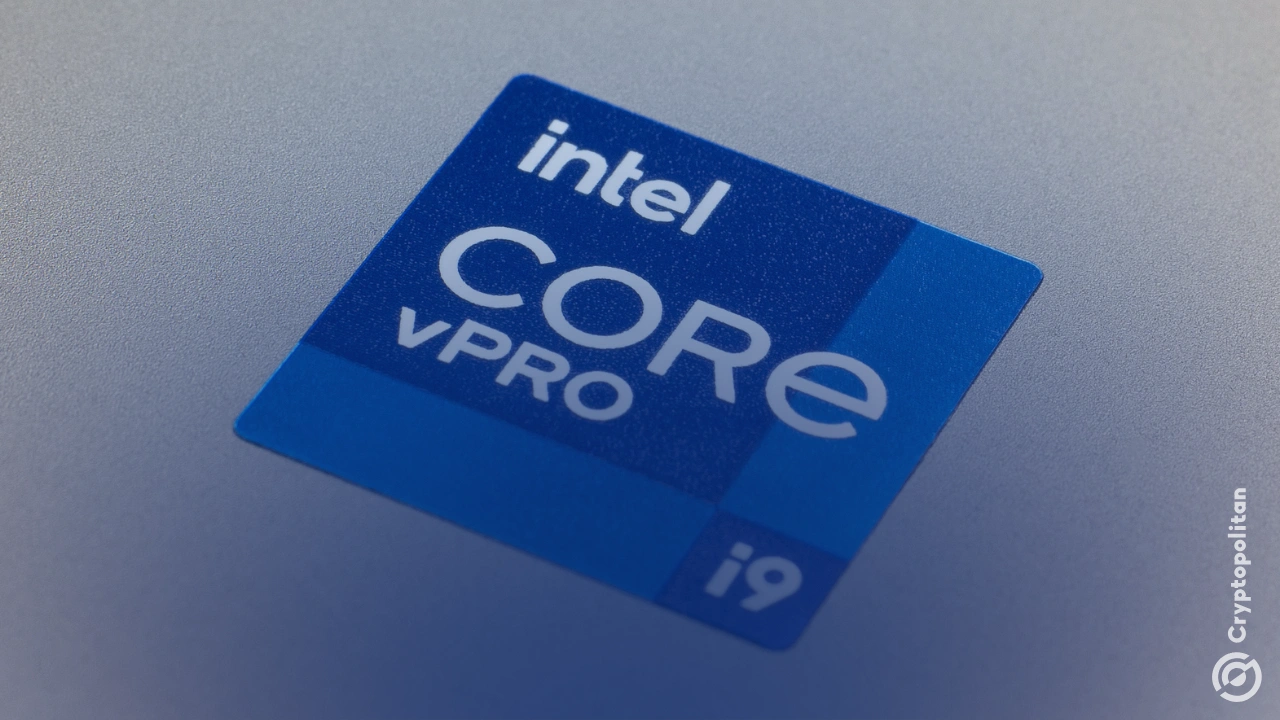Trade frictions between Washington and Beijing are reviving sales of Intel’s older personal-computer and server chips as customers look for cheaper parts before threatened tariffs raise costs.
According to a Reuters report, Intel, whose biggest market is China, warned investors that the June quarter will be weak. Yet, it beat Wall Street’s first-quarter revenue forecasts because buyers have been stockpiling processors ahead of possible levies.
“In client, we are seeing strong demand on older-gen parts and in data center as well,” Michelle Johnston Holthaus, head of Intel’s product unit, told analysts after the results. “Macroeconomic concerns and tariffs have everybody hedging their bets.”
The U.S. tariffs announced by President Trump’s administration so far spare semiconductors, but China’s planned retaliation does not. A notice from the state-backed China Semiconductor Industry Association earlier this month said chips made in the United States could face duties of 85% or more.
Chief Financial Officer David Zinsner cautioned that the wider economic picture is becoming cloudier as the tariff fight deepens. “The very fluid trade policies in the U.S. and beyond, as well as regulatory risks, have increased the chance of an economic slowdown, with the probability of a recession growing,” he said. “We will certainly see costs increase.”
Buyers’ reliance on older chips will limit Intel’s AI PC plans
Analysts say steeper tariffs could stall a recovery in the PC market during the rest of 2025. Intel is counting on new Windows machines with built-in artificial-intelligence features to reignite demand, but lower-priced legacy chips are now taking center stage.
“Demand for older-generation chips is a flashing macro signal,” said Michael Ashley Schulman, chief investment officer at Running Point Capital. “In a shaky economic climate, ‘good enough’ beats bleeding edge.”
Industry watchers warned that relying on yesterday’s processors may also blur the outlook for upcoming Intel chips designed for AI-enabled PCs. The cheaper parts “are impacting Intel’s bottom line and will likely slow the adoption of more advanced chips for AI PCs,” said Bob O’Donnell, chief analyst at Technalysis Research.
Recently, China has lifted its 125% retaliatory tariffs on certain semiconductor imports from the United States, according to a report by Chinese business magazine Caijing on Friday, citing industry sources. The report stated that at least eight tariff codes related to integrated circuits (ICs) were exempted from the levies that had been introduced earlier this month in response to U.S. President Donald Trump’s tariffs on Chinese goods. Tariffs on memory chips, however, remain in place.
Cryptopolitan Academy: Want to grow your money in 2025? Learn how to do it with DeFi in our upcoming webclass. Save Your Spot
This articles is written by : Nermeen Nabil Khear Abdelmalak
All rights reserved to : USAGOLDMIES . www.usagoldmines.com
You can Enjoy surfing our website categories and read more content in many fields you may like .
Why USAGoldMines ?
USAGoldMines is a comprehensive website offering the latest in financial, crypto, and technical news. With specialized sections for each category, it provides readers with up-to-date market insights, investment trends, and technological advancements, making it a valuable resource for investors and enthusiasts in the fast-paced financial world.
